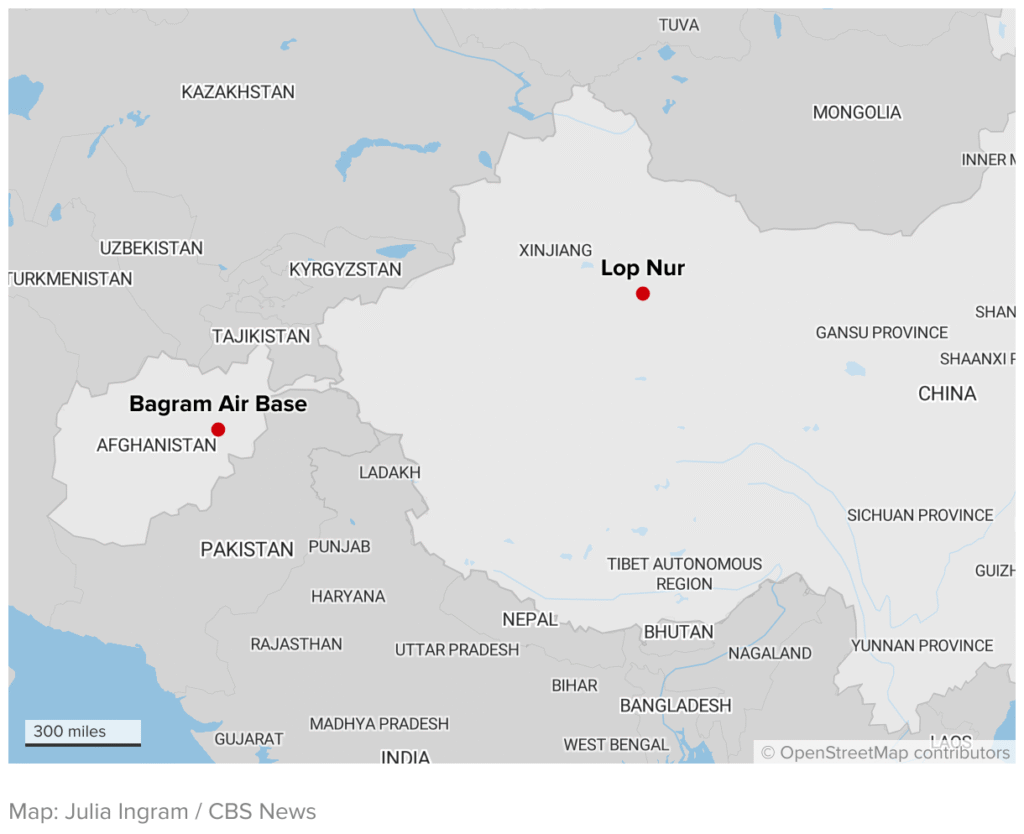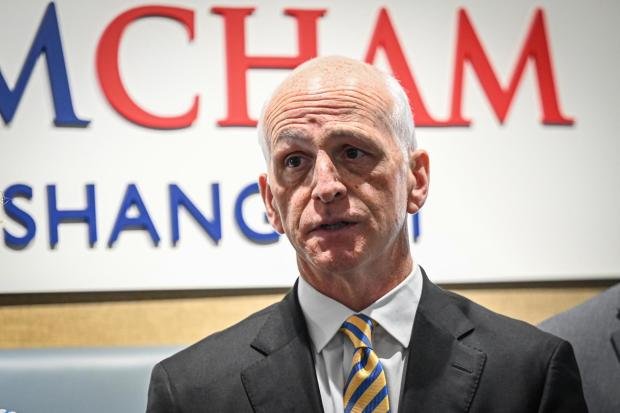On April 10, 1974, Deng Xiaoping, as Mao’s handpicked messenger, delivered a historic speech in the United Nations General Assembly in New York.

“Judging from the changes in international relations, the world today actually consists of three parts, or three worlds, that are both interconnected and in contradiction to one another. The United States and the Soviet Union make up the First World. The developing countries in Asia, Africa, Latin America and other regions make up the Third World. The developed countries between the two make up the Second World. The two superpowers, the United States and the Soviet Union, are vainly seeking world hegemony. Each in its own way attempts to bring the developing countries of Asia, Africa and Latin America under its control and, at the same time, to bully the developed countries that are not their match in strength”, Deng said, underlining the Third World theory Mao had been propagating for some time.
China, back then was a country in turmoil, still recovering from the excesses of the Cultural Revolution and had recently begun its détente with the US. It needed allies against the Soviet Union with which it had a bitter fall out. The Third World theory was a careful alibi lest revolutionary China be seen as a stooge of the US against the Soviet Union.
The rest as they say is history. China went on to unleash significant reforms in its economy and has achieved one of the most impressive economic transformations in the history of modern capitalism. However, despite its impressive GDP growth and stellar record in pulling people out of poverty, it has not been able to catapult itself to a high-income per capita GDP country. China’s GDP is ranked second in the world, and first if one were to take purchasing power parity estimates. But its per capita GDP in current dollar terms is still 16% of the US per capita GDP and it was ranked 80th among 201 countries in the world for which World bank data was available for 2023.
Also Read: Terms of Trade: Bihar’s story, via a 2025 airport, 1998 murder and a 1954 novel
The world has changed drastically in the 50 years since Deng made his famous speech in the UN. The Soviet Union atrophied almost four decades ago. The commentariat which saw this as the ‘end of history’ culminating in a rules-based liberal global order has had to eat more than crow. The US has done a complete turn on its commitment and responsibility to preserve not just a rules-based global economic order but also provide security guarantees to its satellites even in Western Europe.
China itself, thanks to its stellar growth rate and even more impressive acceleration of technological and military prowess, is increasingly being seen as the competitor to the US’s hegemony.
Contrary to Trump’s rhetoric, the Chinese leadership has managed to stonewall his attempts to punish China disproportionately via his trade war. Even American voices are beginning to see the limits of Trump’s so-called strategy against China. Wall Street Journal’s China newsletter this week quoted former US diplomat Danny Russel to make this point, “The Chinese are behaving like lion-tamers–using their leverage like whips and chairs, doling out small treats (TikTok algorithm) to keep things calm”. “It means for now at least, Beijing is achieving what it has been aiming for: stringing Washington along in protracted negotiations by offering up as little as possible”, the WSJ newsletter added.
To be sure, not everything China is giving up on is insignificant. Fifty-one years after Deng’s famous UNGA speech which laid down the Third World theory and located China inside it, another Chinese leader made an important announcement on the sidelines of the UNGA Summit. Chinese Premier Li Qiang announced on Tuesday that China was voluntarily giving up on Special and Differential Treatment (SDT) privileges in the World Trade Organisation (WTO) even though he “emphasized that China remains the world’s largest developing country, and this status has not changed”. That China give up on its SDT rights is something the US has been asking for a long time.
China is perhaps the only country which has taken on Trump’s trade war head on and called it bullying behaviour. It has been able to do so because it controls not just supply-side levers (such as rare earth minerals) but also demand-side leverage over some of the biggest American companies (such as Nvidia).
China’s strategic and economic prowess is not just to take on the US. Its excess capacity in manufacturing has generated significant headwinds for manufacturing in almost all of the world. Its debt driven infrastructure building programme seeks to impose opaque debt conditions on ally countries. Its decision to voluntarily give up on SDT privileges in the WTO is a bold declaration that Chinese hegemony does not need the safeguards required by the other countries in the global south and it can take on the US in multilateral fora as an equal rather than some weaker power.
Of course, China is pulling its punches on the global stage with the velvet glove of multilateralism and a global south solidarity. But all other countries, both Mao and Deng would have described the second and the third world, should know better today.
They increasingly face the prospect of either becoming vassals of a Trump-led US and risk continuous humiliation and economic costs (ask Japan) or fall behind China’s challenges to the US which will hasten (for the second world) or preordain (for the third world) the economic decline and stagnation of other countries. The message is especially important for India which has, even if for cosmetic purposes, tried to suggest a pivot from the US to China.
If one were to borrow Deng’s 1974 analogy, the US and China are the first world today and competing for hegemony. India has a unique moment in history where it can use its size to make an intelligent pivot towards building another pole. But for this to happen it has to realise that the only option is relentless building of strength domestically rather than vacillating between the two competing hegemonic powers and deluding itself that it serves our national interest.





